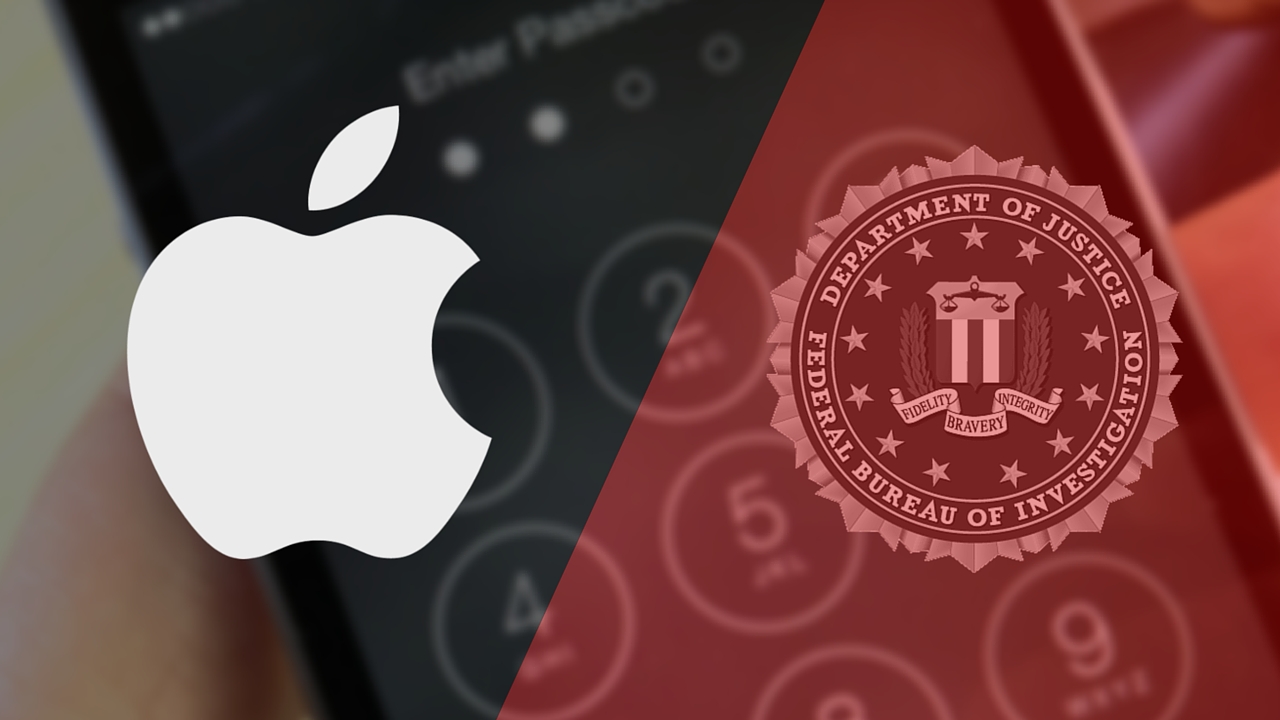
The United States Federal Bureau of Investigation (FBI) has failed to extract any data or personal information from nearly 7,000 devices because of strong encryption.
According to The Associated Press today, the Bureau couldn’t retrieve data from about 6,900 devices, representing more than half of the mobile devices it tried to access in less than a year.
FBI Director Christopher Wray called this a “huge, huge problem” in a speech Sunday at the International Association of Chiefs of Police conference in Philadelphia.
To put it mildly, this is a huge, huge problem. It impacts investigations across the board — narcotics, human trafficking, counterterrorism, counterintelligence, gangs, organized crime, child exploitation.[…]I get it, there’s a balance that needs to be struck between encryption and the importance of giving us the tools we need to keep the public safe. The threats that we face keep accumulating, they are complex, they are varied.
The FBI, of course, famously dragged Apple to court over the company’s refusal to build a backdoor into iOS that would let investigators bypass passcode security protections of an iPhone 5c owned by Syed Farook, one of the shooters in the San Bernardino attacks.
“Apple believes deeply that people in the United States and around the world deserve data protection, security and privacy,” the company said at the time. “Sacrificing one or the other only puts people and countries at greater risk.”
Notably, Wray is urging Congress to reauthorize an intelligence surveillance law expiring at the end of this year, which permits the government (under the oversight of the secretive Foreign Intelligence Surveillance Court) to target non-Americans outside the United States.
“If it doesn’t get renewed or reauthorized, essentially in the form that it already is, we’re about to get another blind spot,” the FBI director added.